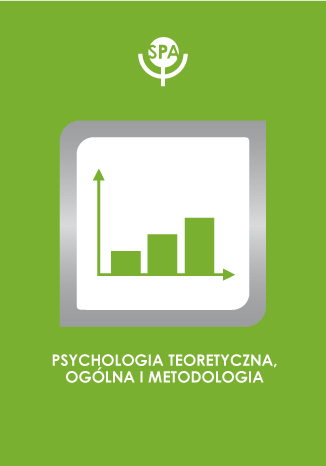O różnicach płciowych w przetwarzaniu informacji w warunkach wzbudzenia afektu

Maria Jarymowicz
DOI:
Rocznik: 2003 Tom: 9 Numer: 2
Strony: 231–242
The article reports results of studies on the influence of the affect on information processing (on the explicit vs. the implicit level). The IAT (Greenwald et al., 1998) and the implicit priming paradigm (Murphy & Zajonc 1993) were applied. The main hypotheses predicted: 1) the longer time of descriptive categorizations in the evaluative context incoherent with participants attitude than in the coherent one, 2) stronger the self-reference effects in a case of neutral targets primed positively than negatively. Hypotheses were confirmed in masculine groups – in feminine groups expected influence of affect on information processing were significantly weaker or did not display. The gender differences are discussed in terms of possible influence of schemata on the new information processing.









 Pobierz pełny tekst
Pobierz pełny tekst



